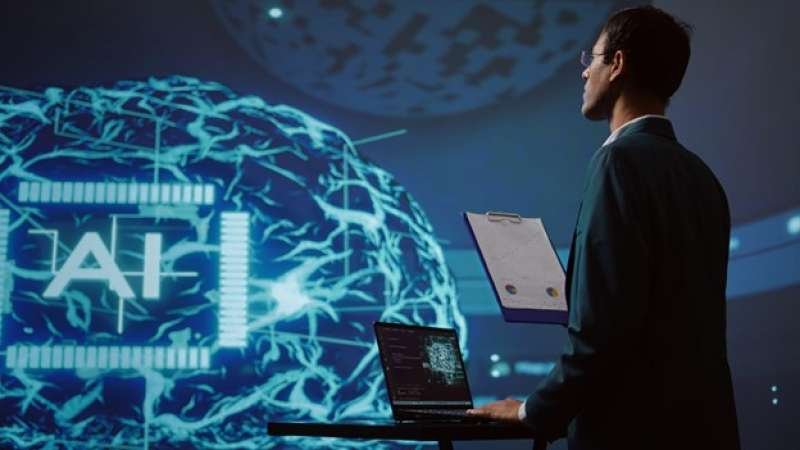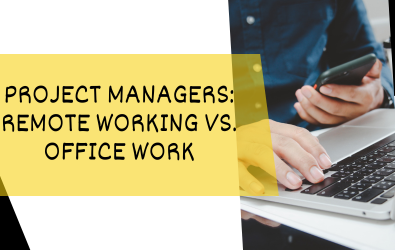Enhancing Continual Process Improvement (CPI) in Quality Management with AI
Introduction
In the realm of quality management, the pursuit of excellence is perpetual. Continual Process Improvement (CPI) stands as a cornerstone principle, fostering an environment of evolution and refinement. However, in the contemporary landscape, the integration of Artificial Intelligence (AI) is revolutionizing the CPI framework, unlocking unprecedented efficiency, accuracy, and innovation. This blog explores the symbiotic relationship between CPI and AI in quality management, elucidating how AI augments traditional methodologies to propel organizations towards heightened operational excellence.
Understanding Continual Process
Improvement (CPI)
CPI embodies the philosophy of incessant enhancement across organizational processes to achieve superior quality outcomes. Rooted in methodologies like Six Sigma, Lean Management, and Total Quality Management (TQM), CPI emphasizes iterative optimization, waste reduction, and customer-centricity. Traditionally, CPI relies on human expertise and statistical tools to identify inefficiencies, analyze data, and implement corrective measures.
The AI Advantage in CPI: AI
serves as a catalytic force augmenting CPI initiative with its transformative
capabilities:

Data-driven Insights: AI harnesses vast datasets, offering granular insights into process performance, customer feedback, and market trends. Machine Learning algorithms discern patterns, anomalies, and predictive indicators, empowering organizations to preemptively address quality deviations.
Predictive Maintenance: AI-driven predictive analytics forecast equipment failures, minimizing downtime and quality lapses. By analyzing sensor data and historical maintenance records, AI optimizes maintenance schedules, ensuring uninterrupted operations and product integrity.
Real-time Monitoring: AI-powered monitoring systems continuously assess process parameters, instantly flagging deviations from quality standards. Through sensor fusion, Computer Vision, and Natural Language Processing (NLP), AI enables proactive intervention, averting quality incidents before they escalate.
Autonomous Quality Control: AI-enabled robotic systems conduct autonomous quality inspections with unrivaled precision and speed. Computer Vision algorithms scrutinize product attributes, detecting defects with sub-millimeter accuracy. This expedites defect identification, reducing rework cycles and enhancing throughput.
Adaptive Process Optimization: AI algorithms dynamically optimize process parameters in response to changing conditions, ensuring maximal efficiency and quality consistency. Through Reinforcement Learning, AI adapts process configurations in real-time, mitigating variability and enhancing yield rates.
Challenges and Considerations: While AI revolutionizes CPI organizations must navigate inherent challenges:
Data Quality and Integration: AI efficacy hinges on data quality and accessibility. Organizations must consolidate disparate data sources, cleanse noisy datasets, and ensure data integrity to unlock AI's full potential.
Ethical and Regulatory Compliance: AI deployment necessitates adherence to ethical standards and regulatory frameworks. Ensuring transparency, fairness, and accountability in AI algorithms safeguards against bias and regulatory scrutiny.
Skill Augmentation vs. Replacement: Integrating AI into CPI necessitates upskilling employees to leverage AI tools effectively. Organizations must foster a culture of continuous learning, empowering employees to collaborate synergistically with AI systems.
Conclusion
In the evolving landscape of quality management, integrating AI into Continual Process Improvement (CPI) is no longer a competitive edge—it’s a strategic necessity. Bridging traditional methodologies with AI-driven innovation empowers professionals to lead quality initiatives with greater precision, agility, and insight. By aligning certification programs with advanced technologies and proven CPI principles, organizations can foster a culture of continuous learning and data-informed decision-making. As AI continues to reshape how quality is measured, monitored, and maintained, Scaleup Certifications stands as a trusted partner in achieving sustainable operational excellence through intelligent, future-ready improvement.
FAQs
- How do Professional Growth Programs support AI integration in quality management?
Professional growth programs equip quality professionals with the skills needed to work alongside AI tools, enabling them to interpret machine-generated insights, make data-backed decisions, and foster a culture of innovation and adaptability.
- What is AI-powered quality training, and how does it benefit organizations?
AI-powered quality training leverages adaptive learning technologies to tailor educational content based on user performance. This approach enhances retention, improves practical application, and accelerates skill development, ultimately boosting the effectiveness of CPI initiatives.
- How does Business Improvement Training align with CPI and AI?
Business improvement training provides foundational knowledge in Lean, Six Sigma, and TQM, while integrating AI concepts to modernize these frameworks. It helps participants understand how to use AI for data analysis, real-time decision-making, and proactive quality interventions.
- What is Performance-Focused Learning, and why is it important in CPI?
Performance-focused learning emphasizes results-driven education, ensuring that every training initiative directly contributes to improved process outcomes. When aligned with AI tools, this method sharpens skills related to predictive analytics, automated inspections, and continuous optimization—core to effective CPI.















Leave a Reply
Your email address will not be published. Required fields are marked